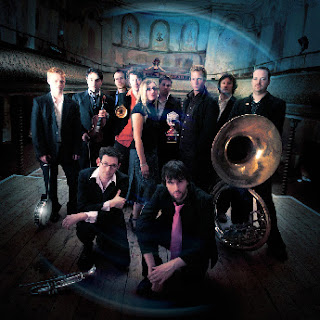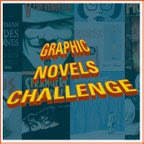Posts
Showing posts from January, 2008
The Last Guardian of Everness by John C. Wright
- Get link
- X
- Other Apps
Short Story Monday - Melisande by E. Nesbit
- Get link
- X
- Other Apps
Short Story Monday - The Face in the Target by G.K. Chesterton
- Get link
- X
- Other Apps





